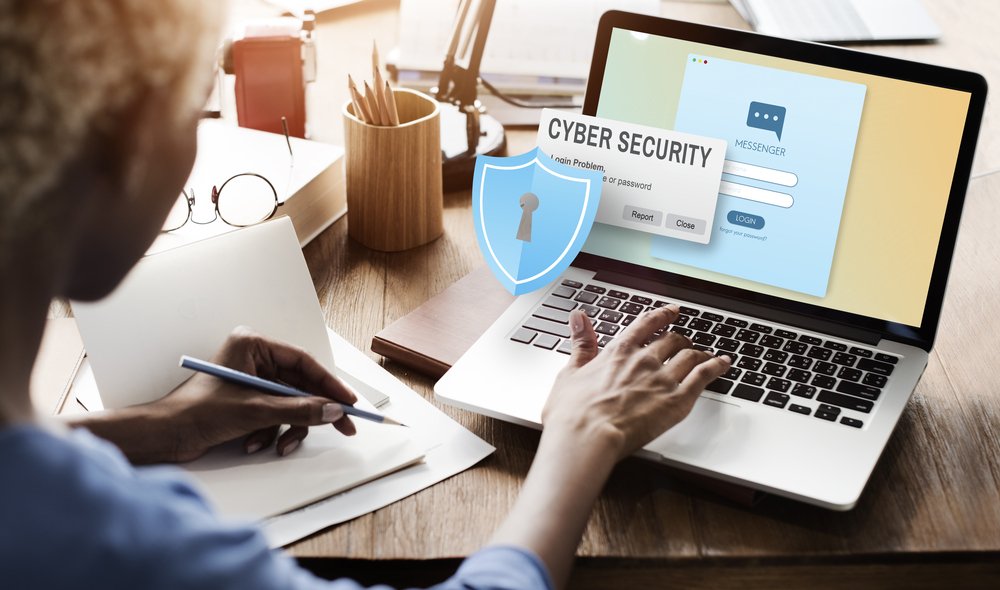
Tips to get the Best Norton Antivirus Support for your Device
The internet has transformed how we live and work, with communities now dependent on it for daily operations. Leveraging the power of the internet, in addition, has given rise to increased malware activities and online scams, leading to the loss of resources, especially data. Therefore, selecting the right Antivirus Help and







